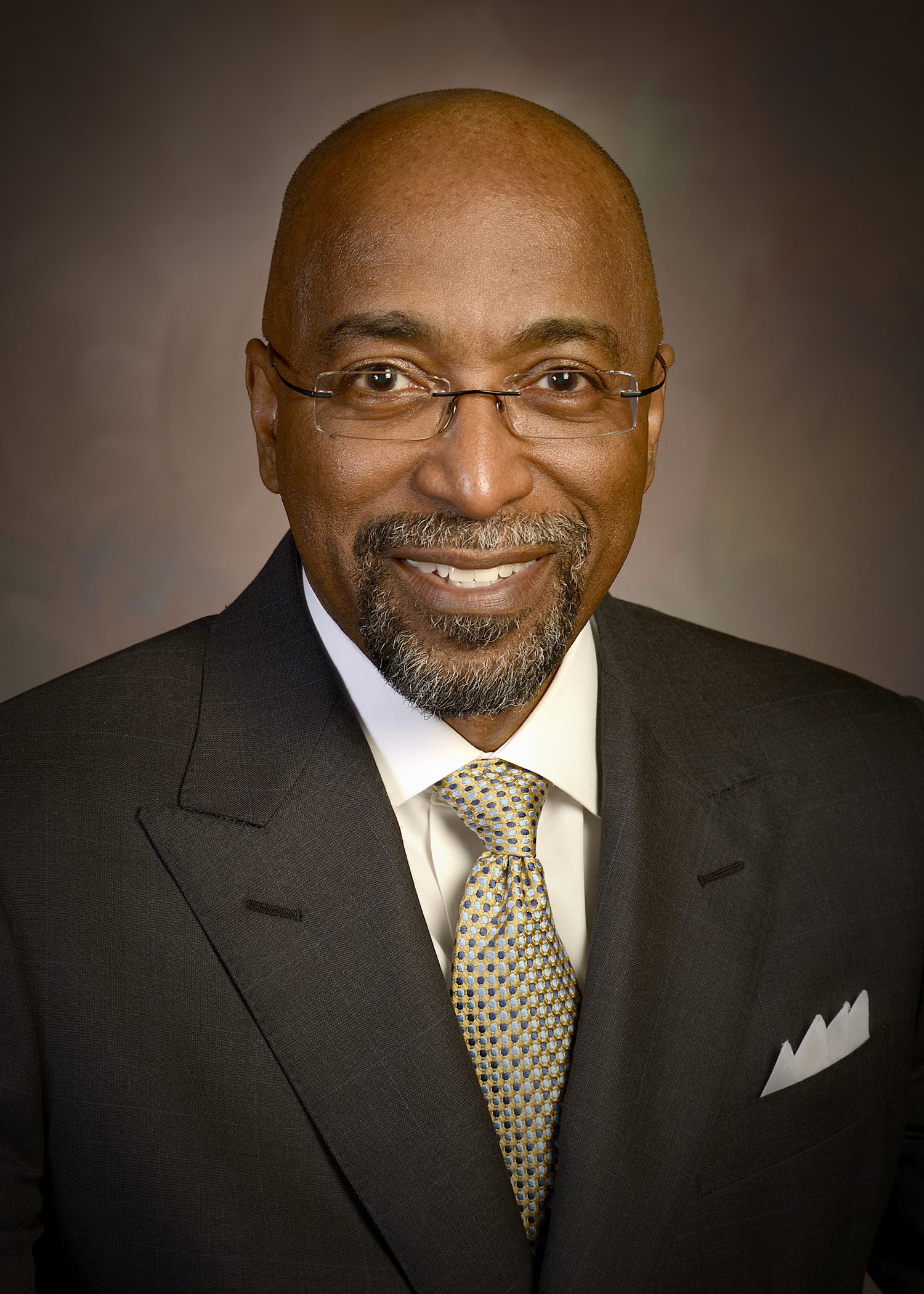Professor and Judge Maurice Foley: Tax Law Can Change Lives

U.S. Tax Court Judge Maurice Foley serves as Adjunct Professor and Visiting Scholar for the UC Law SF Center on Tax Law.
Drawing on decades of work in three branches of government, U.S. Tax Court Judge Maurice Foley lends his expertise to UC Law San Francisco students by teaching a special course called “Creating Tax Law.”
Serving as adjunct professor and visiting scholar for the UC Law SF Center on Tax Law – a position he also held in Spring 2021 – Foley not only teaches students how new tax policies get enacted, but also explains how tax law has changed over time.
“There’s been a dramatic shift and emphasis on using the tax system as not the exclusive means but the most important means for providing assistance to families,” Foley said, recalling his time as a U.S. Treasury Department official in the 1990s when he saw the earned income tax credit replace welfare as the primary means of government financial support for families.
Foley, the first Black chief judge of the U.S. Tax Court, said he was particularly drawn to teaching at UC Law SF because of its top-rated Center on Tax Law and Low-Income Taxpayer Clinic, which helps taxpayers navigate the complex U.S. tax system.
“I was attracted to teaching at UC Law San Francisco because I think they have excellent professors and an innovative approach that focuses on how tax law affects people,” he said.
Foley said the idea that tax law could benefit working-class families drove him to pursue a career in the field and to develop expertise in policies such as the earned income tax credit, enterprise zones, and low-income housing credits. “I wasn’t just attracted to tax law initially because I was a tax nerd who likes to crunch numbers,” he said. “I knew it was a mechanism through which communities and lives could be changed.”
Foley earned his JD at UC Berkeley School of Law and a Masters of Law in Taxation from Georgetown University. He brings four decades of experience in federal government, starting his career at the IRS, where he learned how to write unambiguous tax rules and stay within the limits of IRS authority. He also worked for the U.S. Senate Committee on Finance, where he developed tax policy proposals for lawmakers. Later working as an official in the Clinton administration’s U.S. Treasury Department, he designed legislative tax proposals and worked to get them passed in Congress.
“I was fortunate enough to be the person who designed the first set of enterprise zones for the Clinton administration,” he said, referring to a program that creates special tax breaks and other benefits in areas targeted for economic revival.
Foley was appointed as a U.S. Tax Court judge in 1995, reappointed in 2011, and served as the first Black chief judge of the U.S. Tax Court from 2018 to 2022.
Manoj Viswanathan, law professor and co-director of the UC Law SF Center on Tax Law, said Foley’s wisdom and experience have added great value to the law school, “Our students benefit tremendously from learning about the breadth of government work he’s done. As the first Black chief judge of the U.S. Tax Court, there is literally no one else who has the experience he has.”
When it comes to tax law, Foley said he believes all law students benefit from greater knowledge of the field, which touches almost every area of legal practice from real estate to corporate mergers to the taxability of awards for personal injury and wrongful conviction claims.
“The understanding and analysis of tax law is critical for all lawyers, no matter what field they go into,” he said.